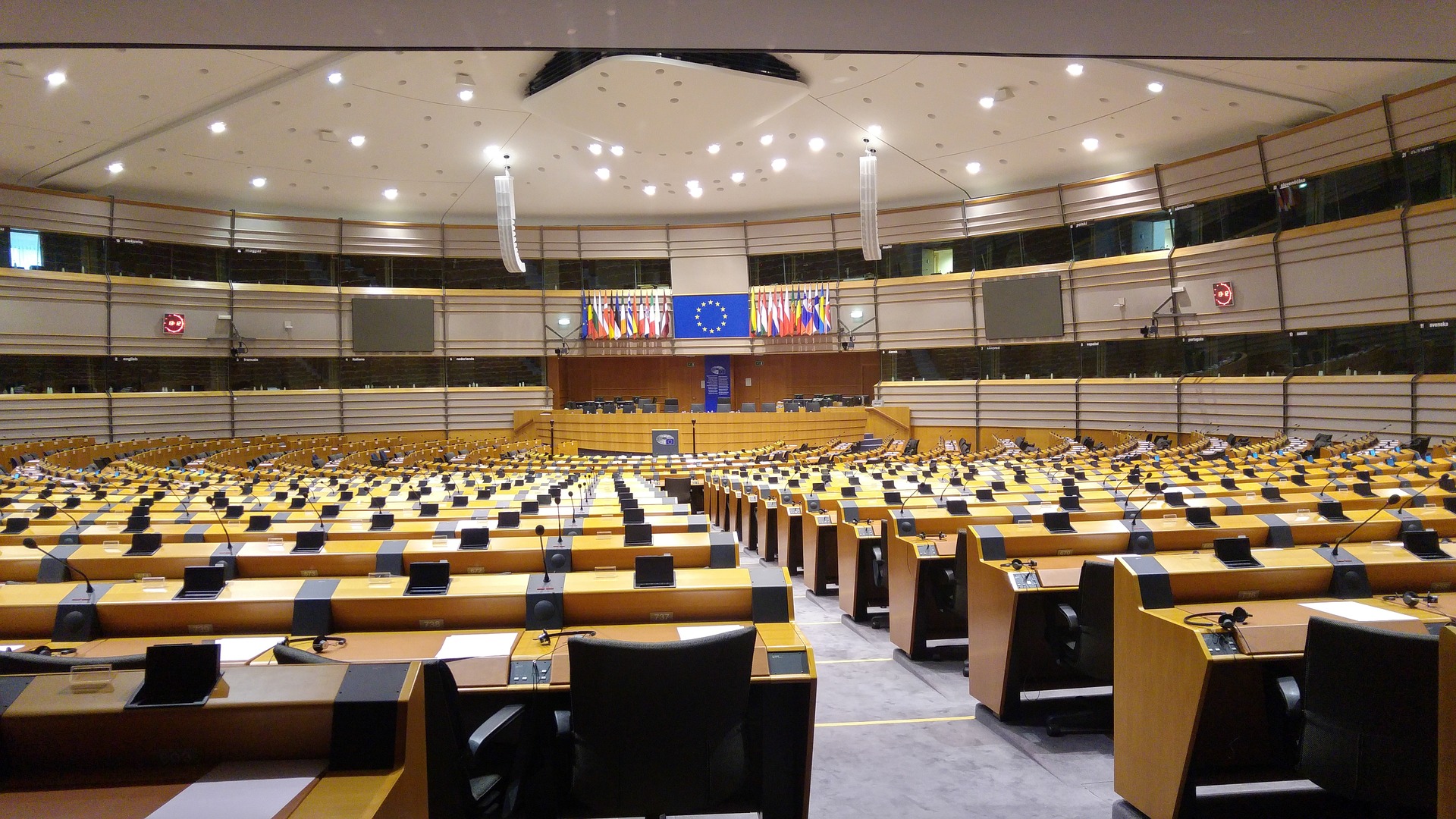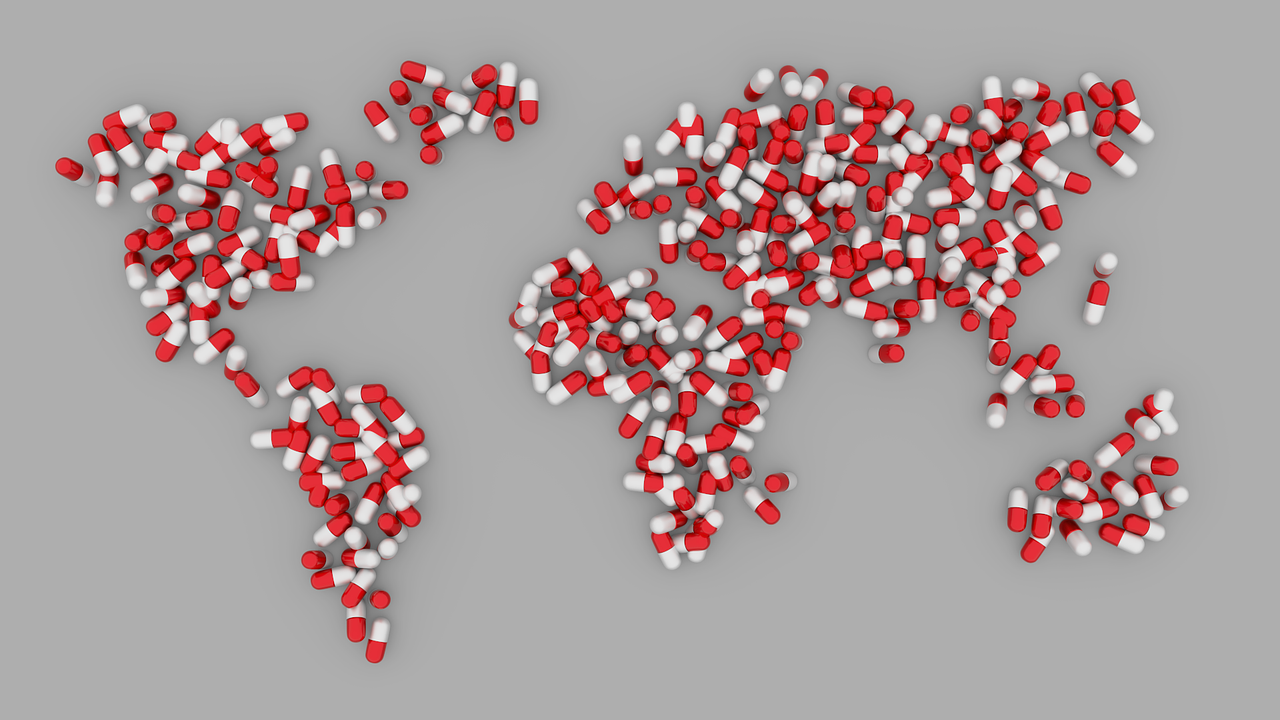POLITHEOR
European Policy Network
Blog Small Slider
- Home
- Blog Small Slider
All Posts

Cyber security: what lessons the European Union can learn from the French election1
Forget about foreign conflict, instability and terrorism: cyber security attacks are quickly becoming the biggest threat to European democracies. Over the past ten years, we have witnessed a steady and worrisome increase in online criminal activity, with cases of theft, espionage and data extraction on the rise. What were once merely disruptive threats have now become destructive attacks. Dealing with cyber attacks will require more than legislative proposals and “mainstreaming cybersecurity”.
READ MORE
When the brotherly vows break: Should Qataris question their khaleejinship?1
- International Relations and Global Affairs, Op-ed
- 13/08/2017
On 5 June, Qataris residing in Saudi Arabia, Bahrain, and the United Arab Emirates (UAE) woke up to learn that they were asked to pack and leave within 14 days. They were expected to quit their jobs, pull their children out of school, bid their friends and families goodbye, and go back to Qatar. A diplomatic row that should have been confined to political salons has instead exploded into an identity crisis.
READ MORE
Changing everything so that nothing changes? The future of UK seats in the EP0
- EU Governance and Politics, Op-ed
- 08/08/2017
As the 2019 elections get closer, the future allocation of 73 UK seats in the European Parliament remains an unsolved conundrum. The long-debated proposal of substituting them with a pan-European list of candidates from European Political parties is welcomed with enthusiasm by the Brussels establishment. However, little attention is often devoted to its indirect consequences if not well thought through: more power to bigger Member States, whose candidates would emerge as privileged, and institutional deadlock, as a unanimity of Member States is required to agree according to the rules on Treaty Change.
READ MORE

India & RCEP: The end of low cost medications?0
- International Trade, Op-ed
- 31/07/2017
India is the world’s largest provider of affordable medicine to developing countries. Given its ethical and economic implications, should India join a partnership agreement containing a provision as damaging as TRIPS Plus?
READ MORE
The Vienna Agreement: conflicting tales of OPEC compliance0
- Environment and Energy, Op-ed
- 27/07/2017
The first quarter of 2017 proved to be a short-lived success for OPEC’s collaborative efforts to stabilise oil prices. Unless international relations and compliance with the Vienna Agreement are restored, oil prices continue to face a murky and unstable future.
READ MORE
EU’s environmental policy is blatantly incomplete. The consumption side is missing.1
- Environment and Energy, Op-ed
- 20/07/2017
Despite having achieved an unprecedented decrease of Greenhouse Gas (GHG) emissions within its territory, lowering them by 13 percent from 1990 to 2010, the European Union’s carbon footprint has increased by 8 percent during the same period. This paradoxical phenomenon is the result of our increasing demand for goods and services, which is mainly satisfied by importing products from developing countries that typically have more carbon-intensive industries.
READ MORE






